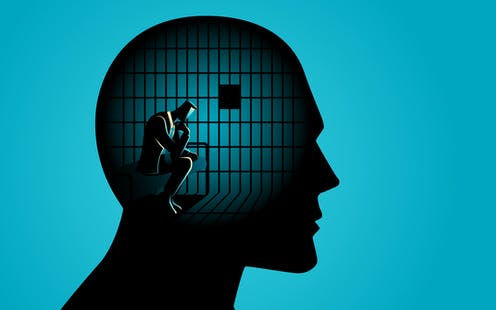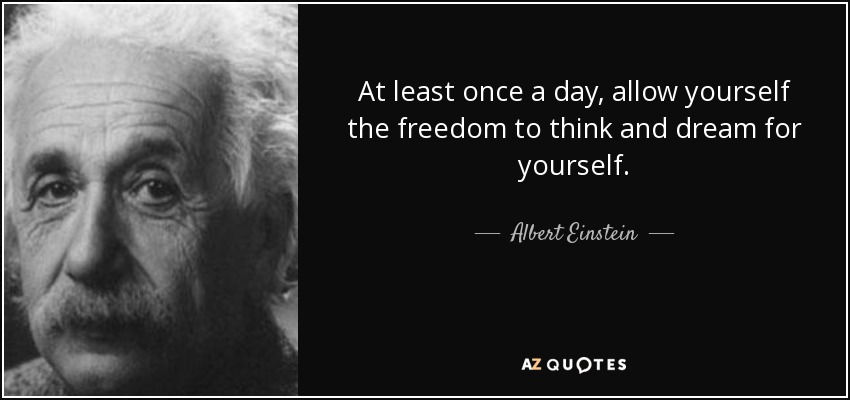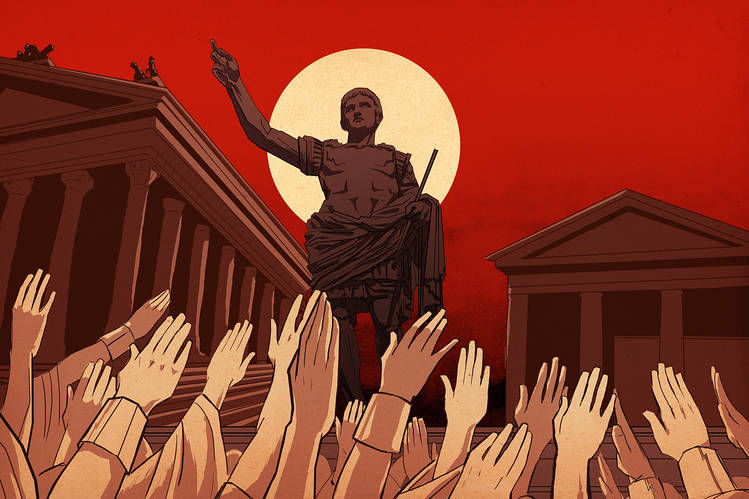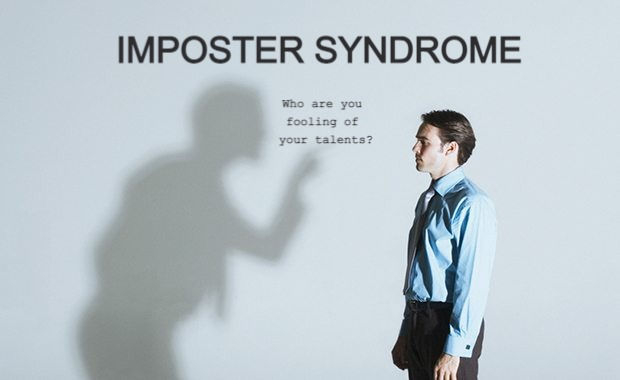How Free Are You To Think? What is Priming Effect?
- Neha Mishra

- Aug 25, 2020
- 4 min read
Part 1:
You can shut your eyes and think of nearly anything in this world. Much like Freedom of speech and expression, freedom of thought has not received scrutiny that bad let alone censorship. No laws can take away your freedom of thought (as long as your thoughts are inaccessible for the lawmakers). When you think, you can think of obscenities, vulgarities, cruelties, or nice things. You can imagine a road accident you did not even see. Go ahead. Imagine it and then proceed to the next paragraph.
Now, are you more likely to share a post on the importance of compliance with traffic laws and road safety, if I asked you to? Yes, you are. A mere thought can impact your action. And a lot of what you are thinking right now is impacted by what I’ve written here.
Okay, let’s help your mood a bit. See the picture below and proceed.

Think of the first word that comes to mind: CA_E
Cake, is it? In an equally probable scenario, it could have been Cave, Case, Care, Cane, as easily as Cake, Cape, or anything else. But this was not an equally probable scenario because I set you up for this with that picture: leading you to Cake. You were also likely to think of Cape because of the power or control you feel over your thoughts when you read the first paragraph. Your mind wasn't registering the text as cues but you were subconsciously impacted to think a certain way. Even act a certain way or make a certain choice. This is called the Priming effect.
Also, when you read "Cake" a lot happened within a second. You imagined a cake, your salivation increased, your mood probably enhanced and you are more likely to talk nicely to a person who approached you now because cake and celebrations are intricately associated and it suggests you to be social in your behavior. The priming effect again.

Let's try this once more... Cake, cake, cake.
What's the first word in your mind: FO_K

Fork? Haha. I got you this time for sure.
Part 2:
Even before we arrived in this world, the world had norms, languages, practices, moral codes of behavior, educational system, political system, social structure, and countless structured systems that took thousands of years to reach the form it is today. A child is born with no knowledge but intelligence. With no prior understanding, the child begins to take everything in.

A child is taught everything that is predefined, and systematic in phases.
When we were taught the number system... 1, 2, 3, 4, 5, 6...... We lived without the concept of infinite between 1 & 2 for a long time, of course until we were taught. That is a drawback of systems, it takes away our infinite.
Every time we are given a piece of fact or knowledge we are robbed of the alternatives of thought that there could have been. The one we just learned from the Priming effect. It's not all awful but, you attain a foundation to build your thoughts on. Also, it doesn’t take away our freedom. No, I’m not refuting myself. (Saving it for part 3)

The peers we are surrounded by and their ideological richness determines the radius of our thought circle. Our accessibility to the diversity of information decides how unbiased our opinion is if at all we have an opinion. Our religion decides our faith until of course, we become atheists, but that again will need exposure to circumstances and knowledge to force us to think about the existence of God.
Our actions are only so much at our disposal as much we've fixated our decisions. Everything undecided is primed. From our order at a restaurant to our color preferences and our productivity, all of this is primed. The best way to escape it is to set your own priming factors around you. If a sad song can lead you to disastrous imaginations, then remember a chirpy song can make you think the weather today is awesome.
Part 3:
Our thoughts are more influenced than they are free. Influenced by everything we are exposed to, from the search results on the internet to what our grandparents teach us. But then there's a multiplicity of ideas that generates from one idea, which in turn generates multiple relevant possibilities of thoughts. All of this happens in a fraction of second. So this gives us an infinite number of options of ideas that we can reach starting from one idea. But damn that one idea...

Our mind works much like the internet, a hyperlinked system, highly interactive. But the internet knows our location, language, and preferences, so when we search for something it gives us the most relevant results based on our liking. So we continue to live within a fragment instead of a whole. Oh, by the way, this phenomenon of the internet is called Fragmentation.
Humans are also rational beings but. We don’t stop at getting a piece of information, we hold on to the thought, interpret it, analyze it, derive a meaning out of it that will comply with us. We keep this complete process stored until with an incident the thought is recalled for reading and adjusting it with new learning. This is our greatest gift. The gift of intelligence.
Power to exhibit our thought:
Freedom can have two aspects: the autonomy of thought (infusion), freedom of action (practice). The more we are primed the less we are free to think. The struggle is between passed down information and imagination in freedom of thought.

Based on the infinite possibilities of exposure to events and of infused ideas, the developed mindset for each individual is distinct. Every mind is different. This is the reason why diversity of ideas are always at conflict. And as long as there is conflict, can there be absolute freedom of practice of your thoughts? Absolute freedom of thought is incredible but the absolute power of practice is possible only if one mind leads all the other minds. But the freedom will belong to only one in that case. Is that freedom desired? Think.
Because you are free to think.





Comments